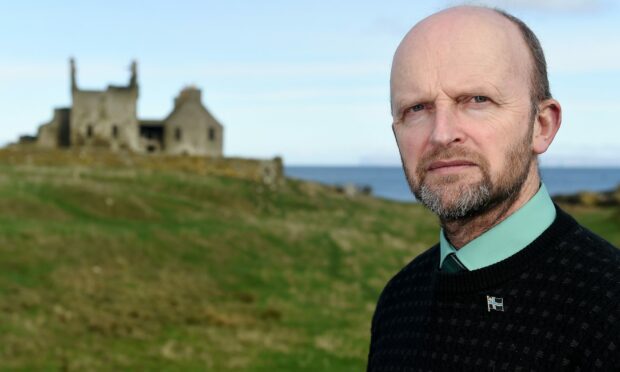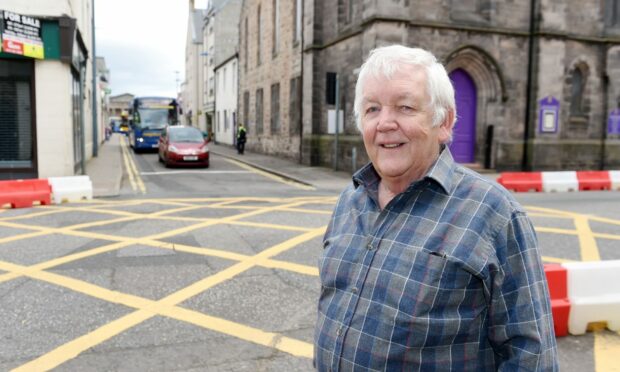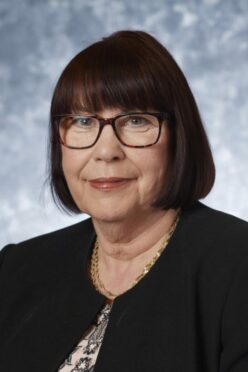Highland Council has given a cautious welcome to a Scottish Government consultation into a proposed national care service.
Described as the most important issue to come before council in 15 years, the new service would radically alter the operation of local authorities across Scotland.
The government proposes to transform social care to give it equal status to healthcare, by introducing a new national care service to sit alongside the NHS.
This new service would include adult social care, social work, children’s services, justice services and drug and alcohol partnerships.
Concerns over lack of detail
Councillors agreed change is overdue.
But they are concerned at the lack of detail available, including the impact on budgets, and staffing, as well as legal implications and governance arrangements.
Health chairwoman Linda Munro said it is the most important piece of future-proofing she had seen in her 15 years at council.
If successful, it would deliver better care for service users and better conditions for staff, said Mrs Munro.
“I think we all agree that the current system is broken,” she said.
“I have done more listening than speaking in the past few months. Out there in the community there is a genuine clamour for change..
“What none of us have is a clear way forward.”
Mrs Munro’s preference is to prioritise a review of adult social care, and expressed scepticism that a root and branch review of all the linked care services could be undertaken at the same time.
“You can’t just rush to make the changes and then deal with the consequences after. The system is too fragile for that.”
Councillor Bill Boyd said he has had spoken with senior Scottish Government colleagues and is confident the proposals are not about councils losing influence.
Fears over lack of local control
“Our Scottish Government colleagues seek enthusiastic engagement and participation and they’re seeking that because they know we’ve got a lot to offer,” he said.
Mr Boyd said that council could offer its expertise in governance and innovative ways of working.
It should push for improved working conditions for staff and a strengthened single point of contact model.
“We can shape the national care service by getting involved now,” he said.
But Councillor Matthew Reiss said he was taken aback by the number of times the words ‘unclear’, ‘unknown’ and ‘lack of detail’ appeared in the report, which dealt with changes affecting up to 900 employees.
“I think we all agree that the current system is broken.”
Councillor Linda Munro
“Why am I cautious? Because there are so many unanswered questions and my own experience of centralisation has not been good,” he said.
“Councillor Boyd says we shouldn’t be concerned about losing influence. Well I am.”
Council leader Margaret Davidson also feared that accountability and decision making could move away from local areas.
She said improving services in the community had to be the priority.
Assurances sought over engagement with local government
She added a recommendation to the council’s response which puts local accountability and local decision making by elected members at the centre of any future legislative reorganisation of adult social care.
The council agreed to note the consultation process with staff and members and to seek assurances from the Scottish Government there will be continued engagement with local government.
It also agree to continue to work with COSLA and public sector network Solace to understand the impact of the proposals.
In addition, Councillor Derek Louden asked that council support plans to offer universal access to respite care for all carers, without introducing thresholds.
He said patients wishing to make a complaint should be able to refer to a charter or their rights and entitlements.
Mrs Munro agreed to work with Mr Louden on these topics.
She also agreed to a request from Councillor Raymond Bremner to continue to hold members’ seminars to keep councillors up to date with the latest developments.


